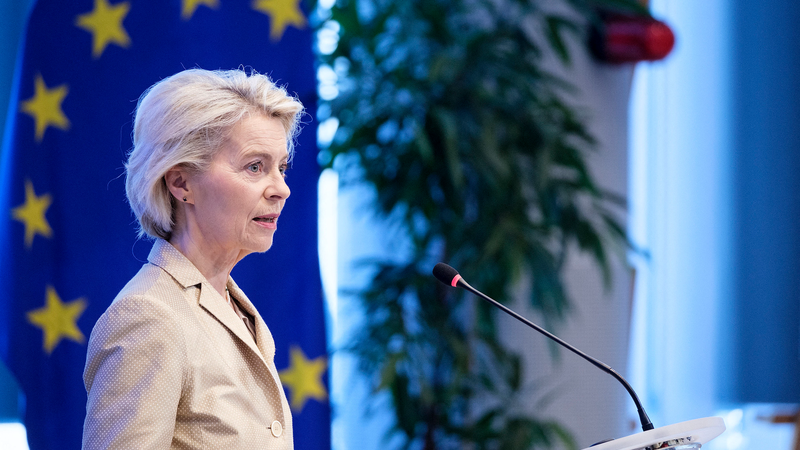Last Friday, European Commission President Ursula von der Leyen unveiled the EU’s 19th sanctions package on Russia, marking a new phase in Europe’s strategy to tighten the economic screws. This round zeroes in on the energy and financial veins that keep Moscow’s machinery running.
At its core, the proposal bans imports of Russian liquefied natural gas (LNG) into EU markets and slashes the price cap on Russian crude oil to $47.6 per barrel. Analysts say this could reshape global energy flows as Europe races to diversify its supplies and shore up energy security.
Major state-owned producers Rosneft and Gazpromneft are hit with a full trading ban, effectively cutting them off from European capital and markets. “This move is designed to squeeze Russia’s top producers and limit revenues that fuel the broader economy,” von der Leyen noted.
For the first time, the sanctions extend into digital finance: EU banks and financial institutions face broader transaction bans with Russian entities, and cryptocurrency platforms are added to the blacklist. This unprecedented step reflects growing concerns over digital assets as a potential loophole.
Under standard EU procedures, the 19th package must win unanimous approval from all 27 member states before it takes effect—a process that could take weeks. If ratified, the measures will mark the toughest bloc-wide pressure yet on Moscow’s key sectors.
With each new package, the EU signals its resolve to counter geopolitical risks and rally global partners. As the world watches, the fallout will test markets, energy strategies, and the resilience of digital currencies in an increasingly complex sanctions landscape.
Reference(s):
European Commission proposes 19th sanctions package on Russia
cgtn.com



